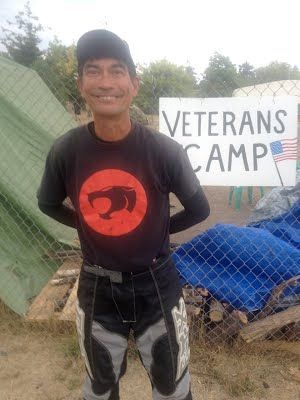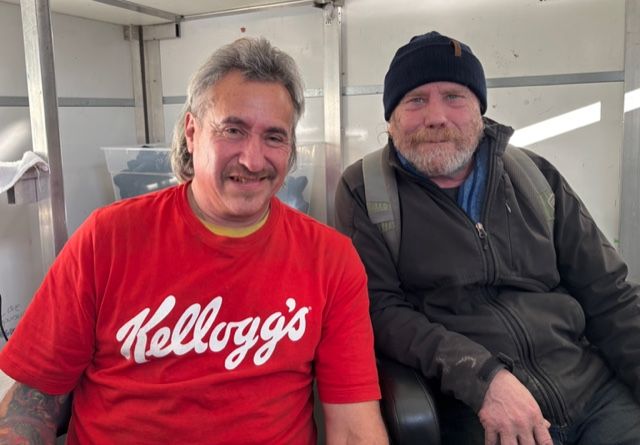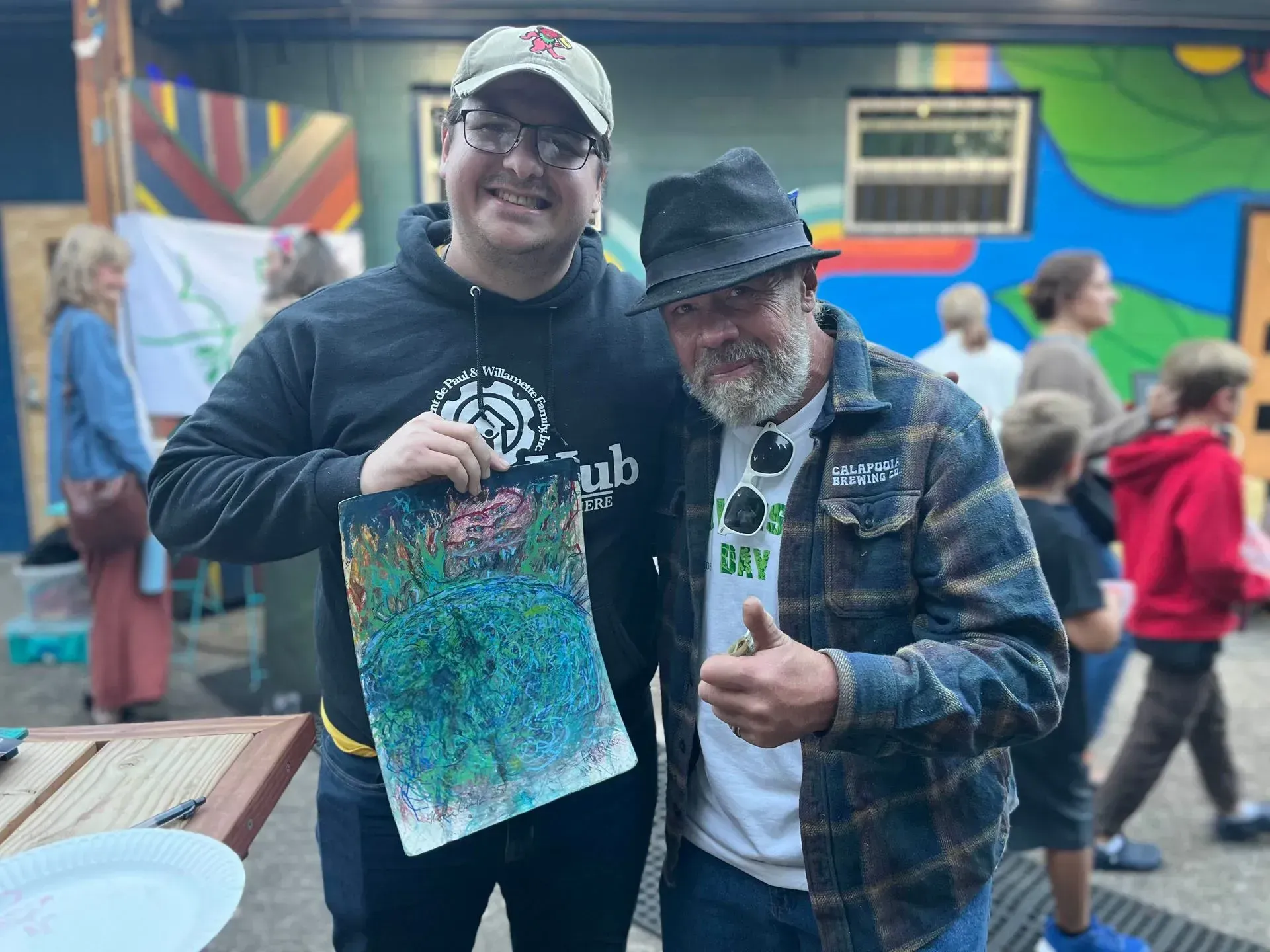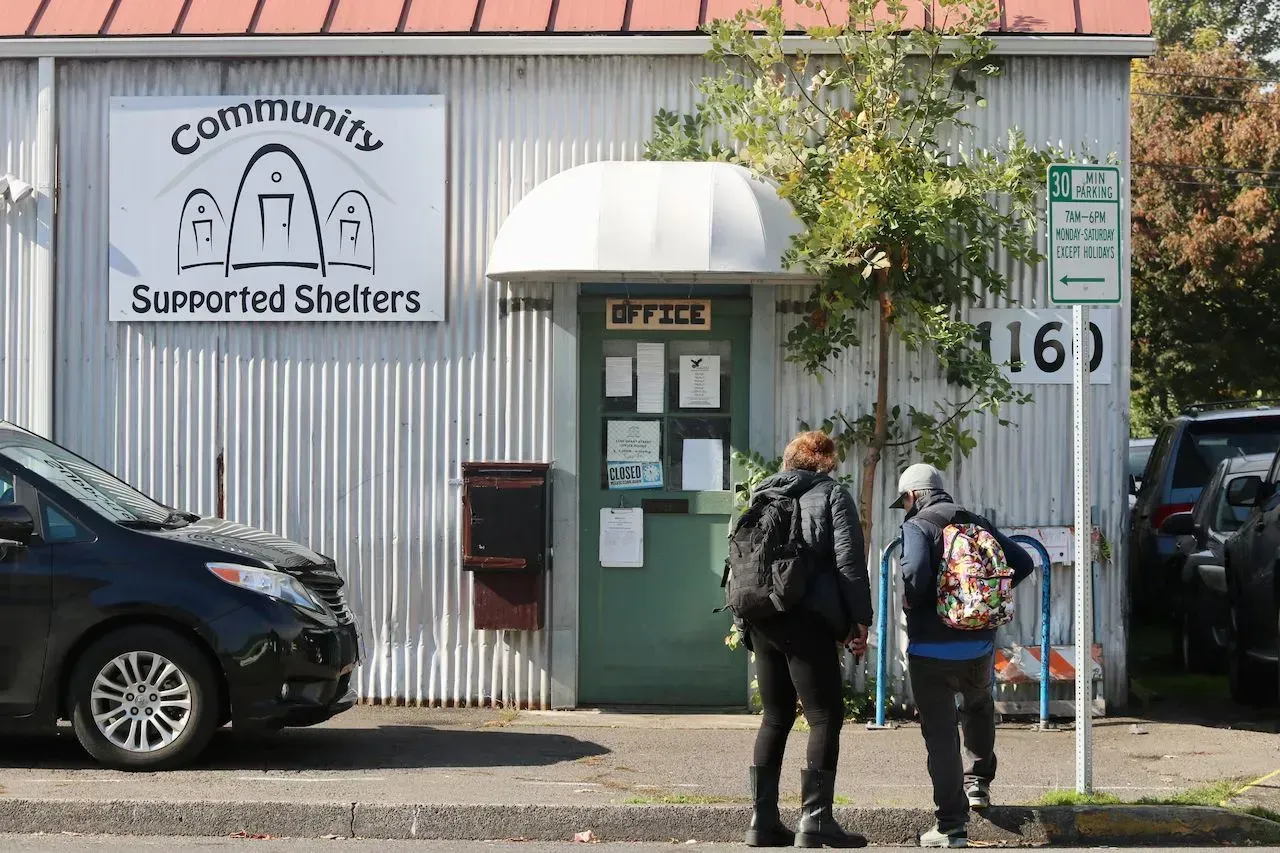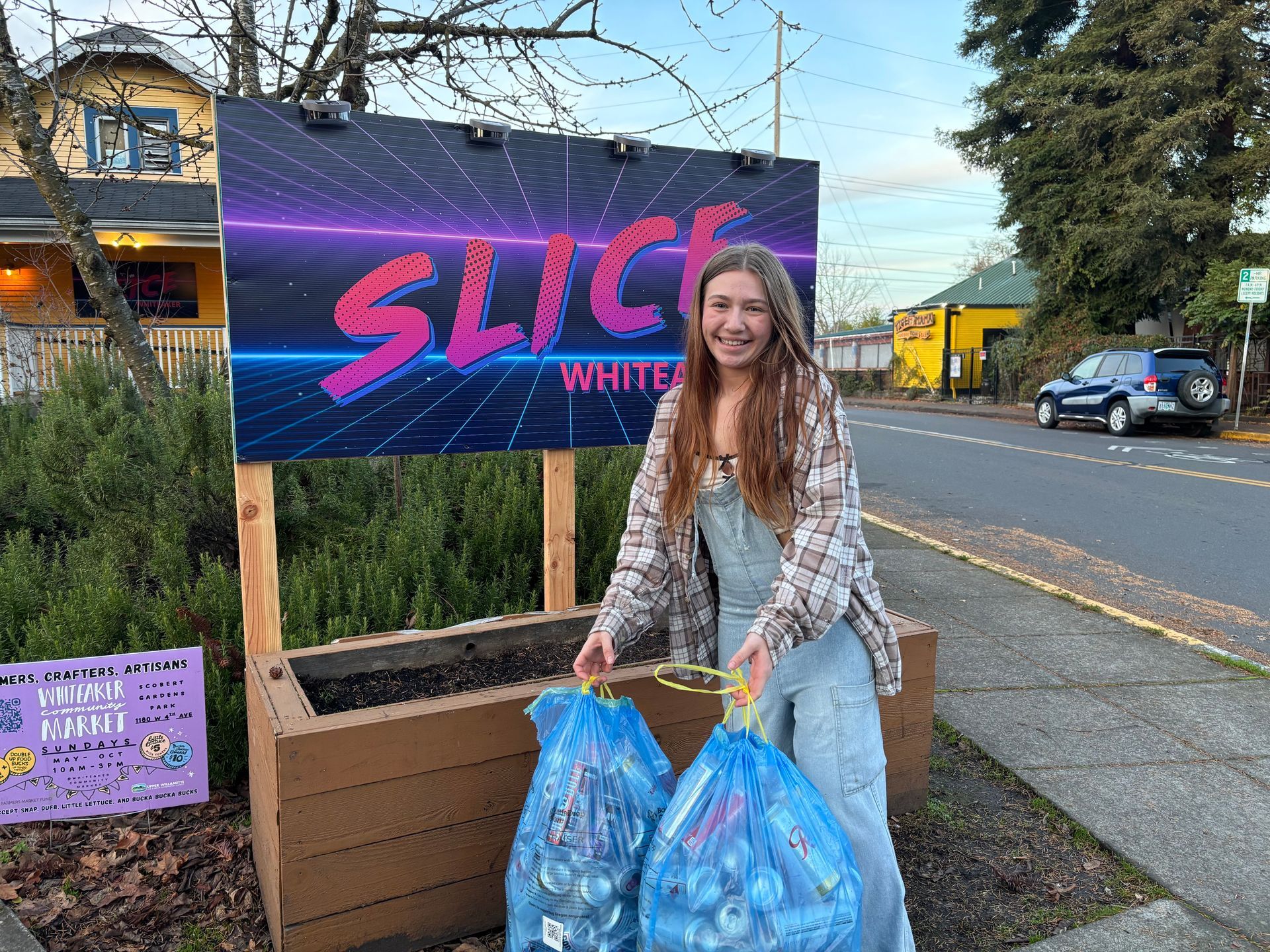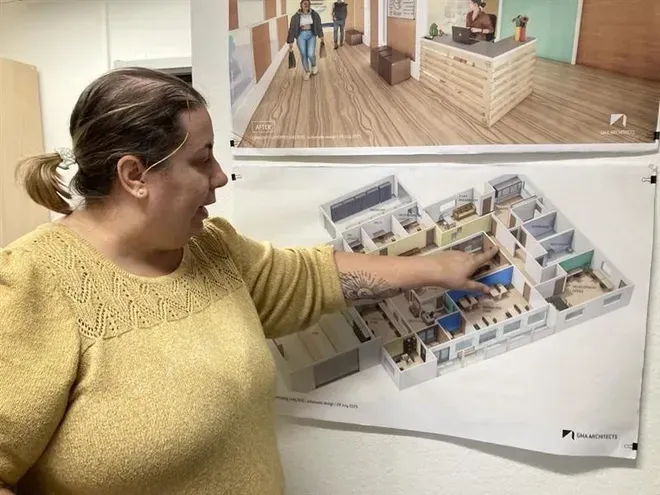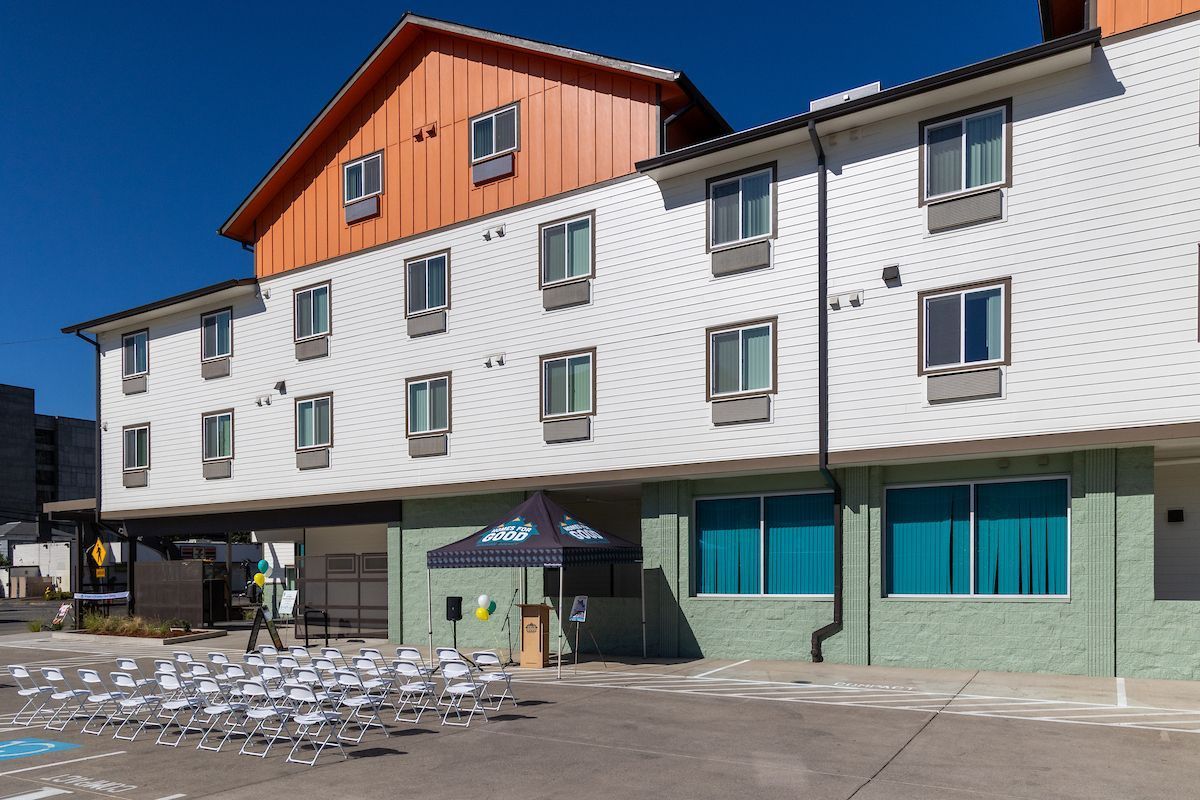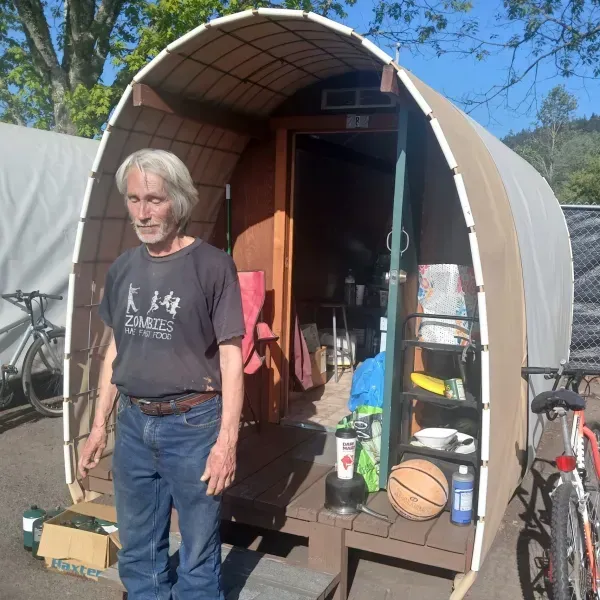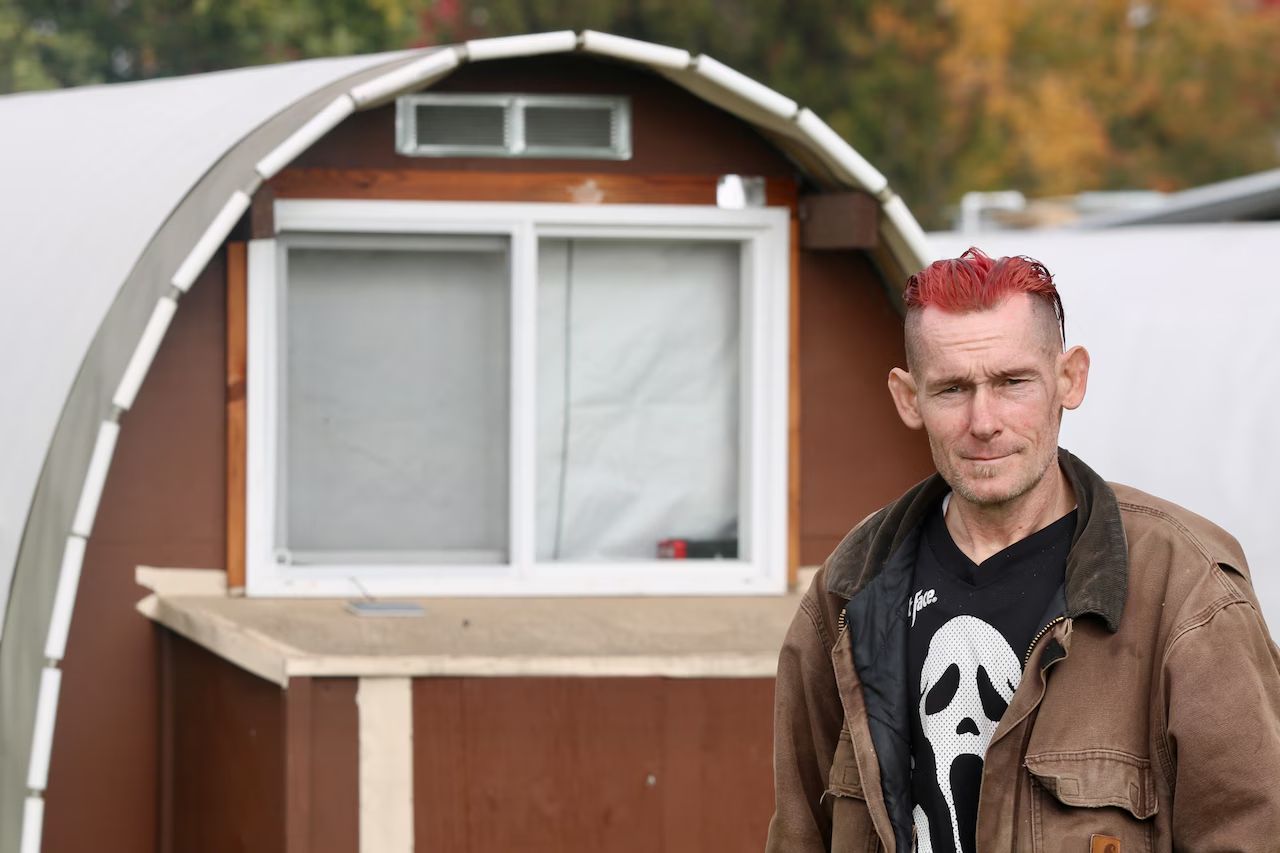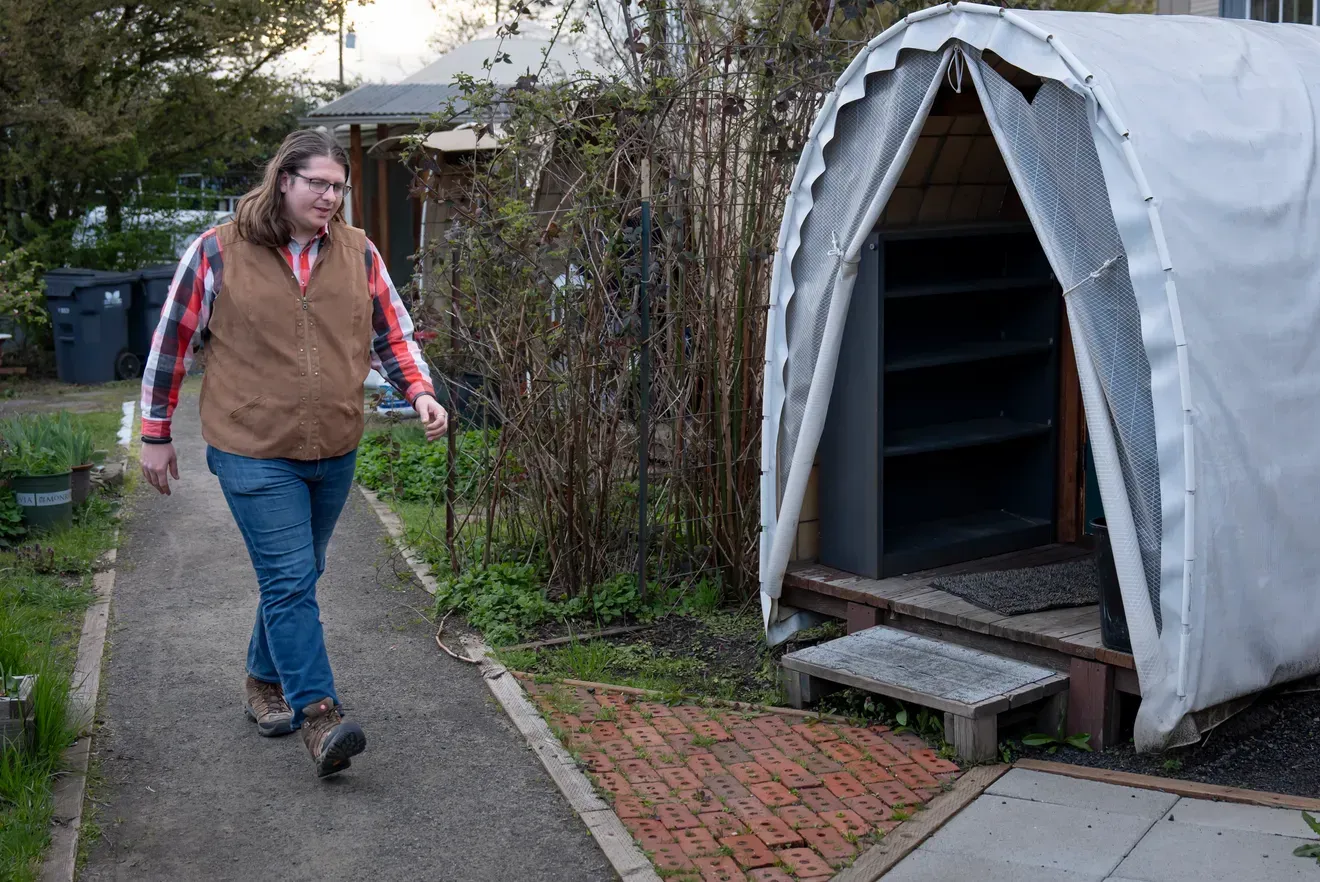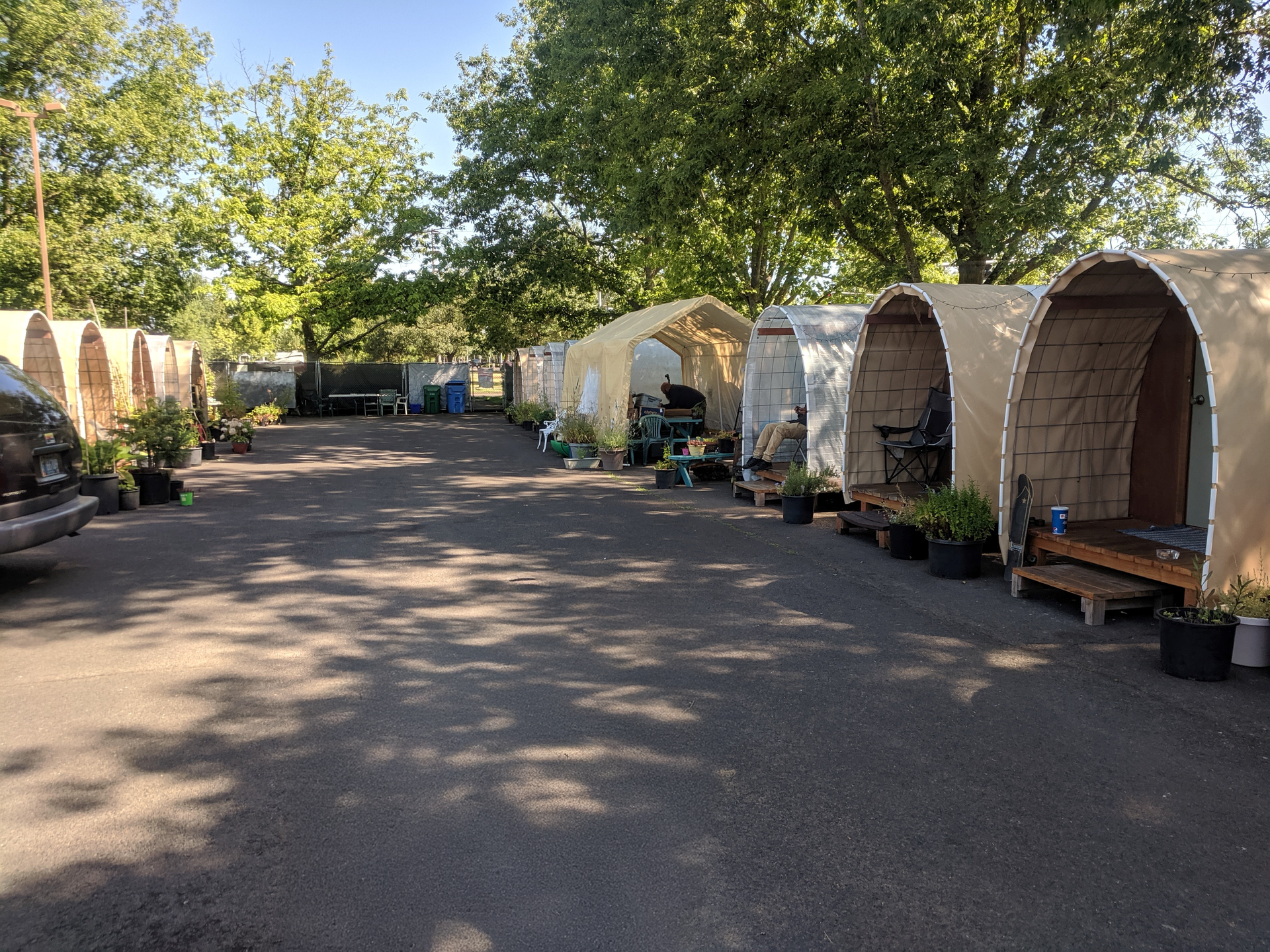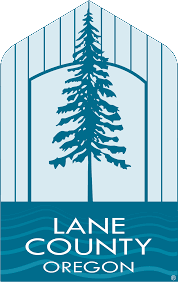Eventually I was promoted to field superintendent, a position of leadership and authority. My responsibilities included the safe transport, efficient operation, and constant inspection and maintenance of highly specialized gear worth millions of dollars. I was also charged with making critical decisions, the supervision and safety of my crew, conforming to rules and regulations set by various state and federal regulatory agencies, the keeping of clear and concise records, and finally coordinating with and satisfying the needs of customers. At the same time, I had to maintain a tactful and diplomatic manner towards my superiors, the media, my crew, and especially customers. Under great pressure, I was the quintessential middle manager. I often thought about the similarities of my civilian career and my time as a non-commissioned officer in the Marine Corps, training with my troops, preparing to defend my country. Both jobs were dangerous and unpredictable, requiring teamwork, cooperation, competent leadership, and a situational awareness that taught us how a split second of complacency or carelessness could be extremely dangerous or possibly even life threatening. But I never dreaded going to work at either job.
I was completely immersed in my job, but my drinking and a citation for driving under the influence ended my career as a hazardous materials specialist ended after 24 years. Then my marriage of 15 years came to an end. After I lost my job, I went to work for a temp agency on a series of short-term factory jobs.
Shortly after these events, my father succumbed to cancer. I was in a daze, a conscious state of shock with total recall accompanied by total confusion. I became convinced that I needed a fresh start. I sold my car, and with my meager savings I left Illinois and relocated to Oregon. I had housing pre-arranged and pre-paid upon arrival but my housing arrangement ran its course and I soon found myself homeless.
I had been in Oregon for about two months and I knew almost no one and trusted none. For the first and only time, I was completely and utterly alone. I was tempted to give up and turn tail and run. But after a little soul searching, I convinced myself that I was a survivor. I chose fight instead of flight and was determined to face and conquer any and all challenges ahead of me. I sometimes relied on friends for shelter. I often slept on the streets. I even took refuge at the mission from time to time. But my last residence was an apartment granted to me by a temporary and transitional six-months vets’ program. When that ended, I was on the streets again.
But soon after that, I was accepted into the Community Supported Shelters vets’ camp. I prefer the vets’ camp to the Christian-based and other charity’s shelter programs for several reasons. The vets’ camp gives us safety, security, and stability. It provides a camaraderie and trust unknown at the other programs. I have witnessed the behavior of some of the employees at other programs, and they can be very condescending and judgmental, actions that are hardly Christ-like. I’ve seen how impersonal, biased, and even menacing these places can be. But one must remember, even the vets’ camp, like other shelter programs, may not be for everyone. For, as with mainstream society, the vets’ camp applies and enforces rules. All those accepted here must also accept the consequences for breaking the rules. Most of us vets realize that it is a privilege to be a part of all this.
We also enjoy the chance to make our camp more efficient and user friendly with consistent maintenance and improvements. We have a lot of laughs brainstorming, putting our heads together, comparing and combining ideas and working cooperatively to see our efforts result in a simple improvement or even a major enhancement borne of a simple idea. The volunteer work we do for the community is also a lot of fun. Our community project contact is always pleasant and appreciative of our efforts on her projects and it’s rewarding to know that we can make a difference. But I’ve been on several of these and it appears to me that we have been ill prepared.
This brings me to my camp improvement idea. I suggested that we design a simple form that we call “Community Projects logistics checklist”—and we are going to implement that. Since each community project has different requirements, this will be a formal system of communication to prepare us for each project and will allow us to ask specific questions about each job, ensuring that the proper tools and materials are supplied and ready. This approach will help us to complete each project in a safe, timely, and efficient manner while minimizing the amount of time, energy, and resources wasted. This system can also be used for record keeping. I believe that this simple form will greatly improve our preparation and performance on future community service projects.
I have also been inspired by a friend and campmate to go back to school. I have neither sought nor received any type of formal education since graduating high school in 1981, 33 years ago. I am now enrolled at LCC for the fall session. I plan to study journalism and broadcasting. Naturally I am apprehensive, anxious, and even a little fearful of such a drastic change. But I am also excited about the new adventure ahead of me. With a lot of determination, diligence, and a little luck, I hope to someday get on the air. This is my goal. With the vets’ camp and the other Eugene Safe Spots, long-term goals are attainable and the opportunities are almost limitless, but without these safe havens, none of this would be possible.
After two and a half years in Oregon, I’ve made several new trusted and lifelong friends along with countless allies and acquaintances. I’ve made a point of personalizing relationships by remembering names and faces. Also, I have been told by many of my peers that I am almost too polite and courteous to all without bias. I try to be generous and helpful whenever possible, and I am truly grateful for the chance to start again with a clean slate. I was a very angry and easily provoked man, often instigating altercations. I am still the same man but with a new and improved attitude. I now know that I have gained a reputation of being kind, impartial, and benevolent. I try to smile at everyone and I’m always willing to treat every person I meet with respect and dignity, addressing everyone as sir, ma’am, or miss. I feel that this combination of speech and behavior has earned me the street credibility that is hard won and easily lost. It is so easy to destroy the trust that takes one so long to build. But now for the first time in my life, I feel that I have earned the trust of most people I encounter. I have no enemies here and know of no one here seeking retribution or pay back as I have wronged none. I enjoy not needing to look over my shoulder and not having to be constantly ready for a revenge-fueled confrontation. I truly love life now and I’m on the road to self-forgiveness. I’m finally even starting to like myself again, and I’m truly thankful for every day God grants me. I would not trade any of this for all of King Midas’s gold.
I am not homeless. That is a word, a label created by the establishment. I am houseless, lacking shelter, or if you prefer political correctness, I am residentially challenged. But the Pacific Northwest, Oregon, and specifically Eugene is my home—and I’m here to stay.


